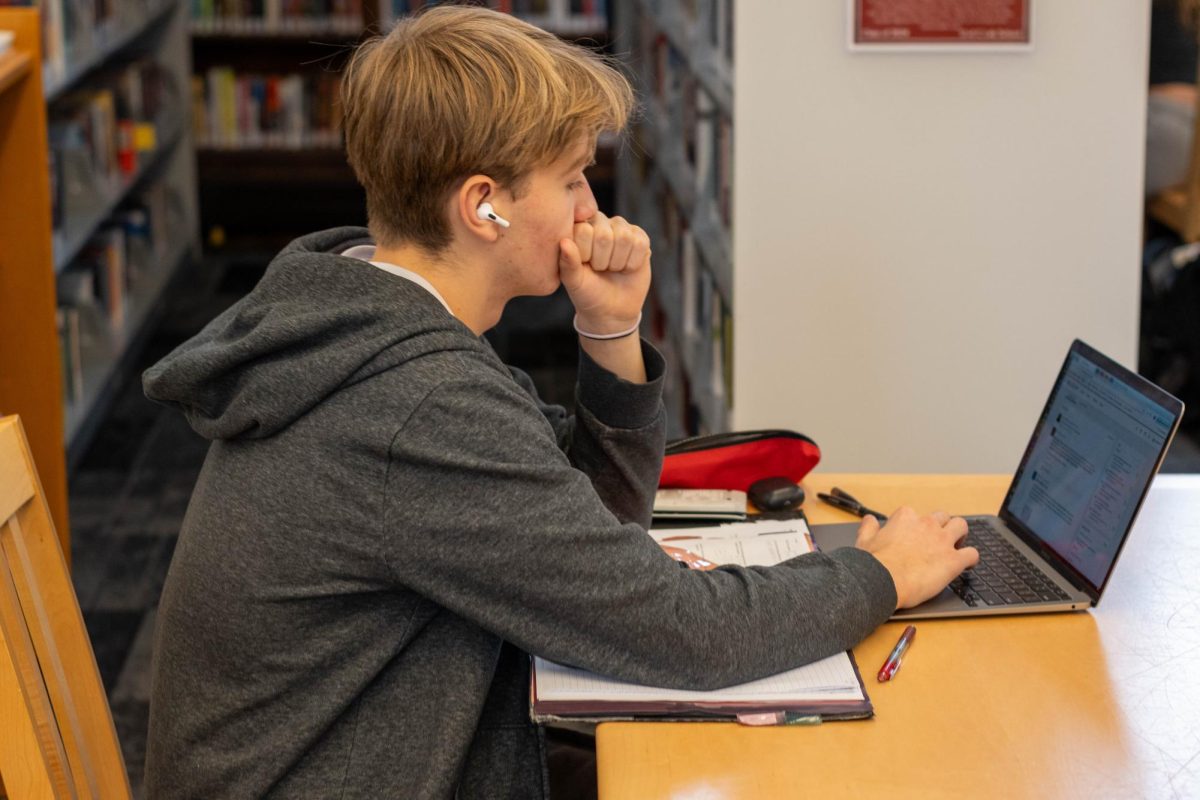“In general, I think parents are very satisfied with Lab,” a parent of two U-High students observed.
“A lot of the parents don’t understand the extent… and don’t really know the workload,” a student commented.
Parents were almost twice as likely to rate students’ development of life skills as “excellent or very good” than students themselves in the recent ISACS survey. Similar results follow written communication skills. Something isn’t being communicated in U-High families — students rate their experience and achievements significantly lower than their parents.
A parent of two U-High students has noticed that other parents are more satisfied with Lab’s academic performance than anything else, leaving room for concerns in other areas of schooling. Particularly, they notice differences from their schooling.
“I think that [parents are] satisfied with the academic output, but I have heard that they are less satisfied, at times, with the social or athletic output compared to what they might have been through,” he said.
Sophomore Iris Strahilevitz suggests that even though students recognize the academic benefits, a stressful school environment is what is causing their low image of their school experience.
“Mostly the amount of assessments and assignments are the top complaints,” Iris said. “I know people will have a lot of tests in the day, or more than five hours of homework.”
Iris highlights that stress felt by students can be a side effect of Lab’s values of academic achievement. She also adds that it is often difficult for students to communicate their feelings to their parents, causing a rift in their perspective on the child’s education.
“Some parents that aren’t as involved think that the students are just getting a good education and that it isn’t a big deal,” Iris said, “but other parents might realize how much homework their kid has every night.”
The parent explained that the root of the issue lies in differing priorities, even in situations where students are communicating their struggles.
“I think part of it is that parents think they know best,” he explains, “so they sometimes look for the outcome of what happens, and that may be a certain college or university, a certain level of academic rigor, a certain level of preparing you for your college life.”
In Iris’ experience, some parents push more advanced classes onto students that they may or may not be ready for. In an effort to improve their academic performance, she says these parents don’t understand the workload their children have to handle.
“I know some of my friends’ parents are forcing them into advanced classes, which can put a lot more stress on them,” Iris said. “With some of the AT classes, some parents are pushing students to take them and don’t really know the workload.”
Though he believes that kids simply want to enjoy their time at school, the parent thinks this phenomenon is a result of the sacrifices many families have to make to send their children to Lab.
“[Parents] want to feel justified in the money they’re spending, and the distance they’re traveling, or the amount of homework that their child might have. So they say, ‘It’s so worth it. It’s so great,’” the parent said.
In order to close the gap, the parent says the ball is in his and other parents’ courts.
“I think the parents have to be better listeners,” he said. “They have to take the time and the effort and the energy to listen to their kids and understand what’s going on.”
























































